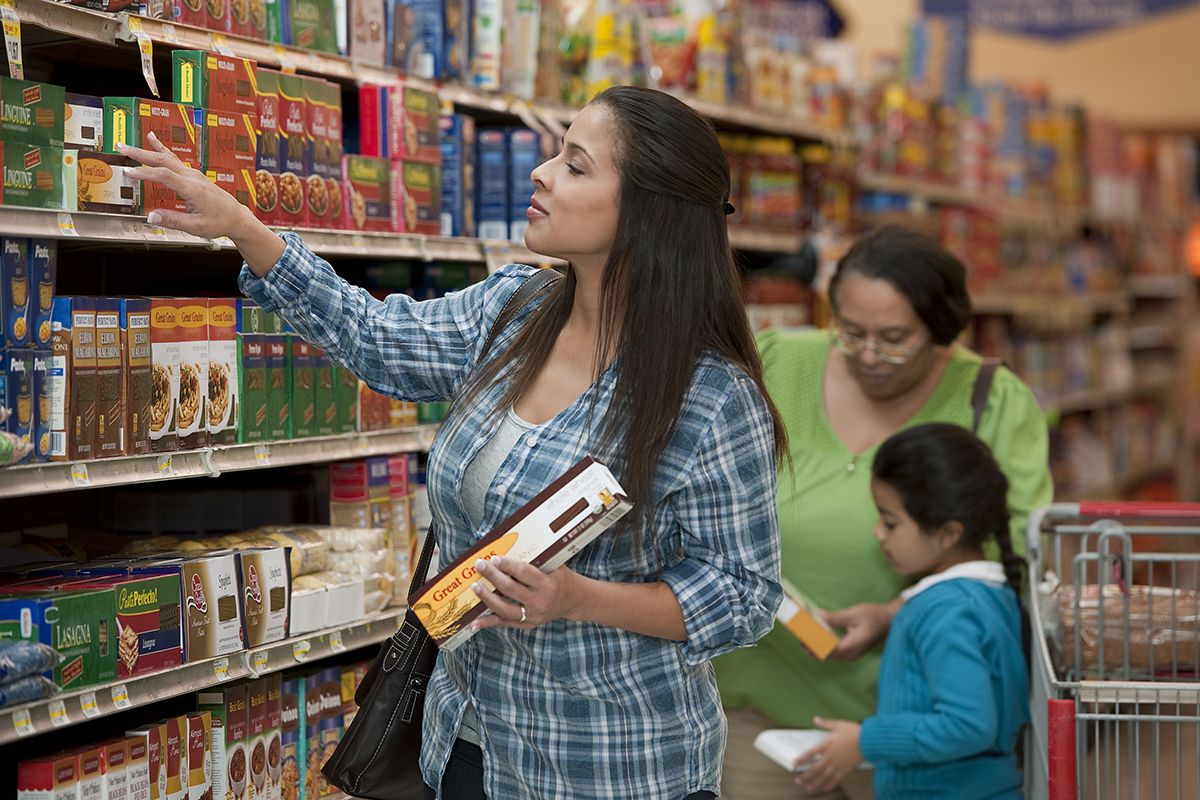The new partnership between major US retailer, MIT’s Media Lab and global design firm IDEO — Food + Future coLab — is making quick progress after launching in January and has started testing two innovations around transparency at one of its Minneapolis stores.
“We opened the Food + Future coLab in January around the pillars of providing people with more transparency around their food and helping them trust what they’re eating,” a spokeswoman for Target recently told AgFunderNews. “We want to test and iterate to learn and the best way to get feedback has been to test the ideas with real consumers.”
The first pilot project allows consumers to scan fruit and vegetables to find out their precise nutritional content. Then the consumer pays for the produce based on how fresh it is with less-than-fresh items toting a smaller price tag. A shopper may see two cartons of strawberries bearing different prices. The first carton may have been delivered the same day, but the second carton that’s been on the shelf a few days will cost 50 cents less.
So-called “smart scales” also placed next to participating produce, tell consumers a variety of information about the specific item such as how it was produced, whether it is organic, and its nutritional profile. The retailer is using the scales to get a better idea of the types of information that consumers are hungriest to know when stocking their pantries.
The second project targets nutritional education. In March 2016, the retailer began testing a concept brand called Good & Gather at its Fenway Target location in Boston that takes a new approach to food labeling. Offering everything from trail mix to peanut butter, the products display the nutrition panel, and ingredients list prominently on the front of the package in bold and clear print.
With the Minneapolis test-run wrapped up, Target will conduct the same experiment in San Francisco and Boston during the coming months. The retailer is eager to continuing running tests and getting consumer feedback on both concepts, says the spokeswoman.
“It’s hard to believe we just opened this coLab in January,” said Greg Shewmaker, one of Target’s entrepreneurs-in-residence in a statement on the retailer’s website. Shewmaker is part of a team at the coLab tasked with launching new businesses for Target. “In a short period of time, we’ve already developed a pipeline of concepts ready for testing; we’re building disruptive technologies and—most importantly—we’re closer than ever to helping people know more about what’s in their food.”
The lab is cooking up a few other transparency-focused ideas that may soon be test-driven at various Target locations. One of the ideas involves the Open Agriculture Initiative looking for ways to apply technology to agriculture. The teams at the coLab have also been collaborating with spectroscopy experts at Ocean Optics to create a platform that can look inside food products to determine a wide variety of information like the levels of various nutrients and whether contaminants are present.
Will these ideas and future projects soon find their way into retail test-locations?
“Yes, where it makes sense. The great part about Target being part of the Food + Future coLab is that there is access to Target stores across the country,” says the spokeswoman. “It allows us immediate access to consumers, which has allowed us to move quickly as we test new concepts.”
Have news or tips? Email [email protected]





